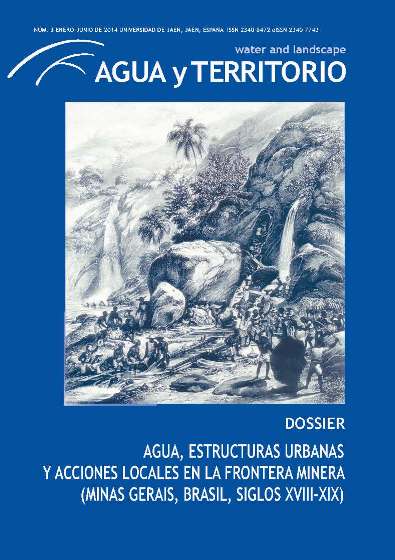Políticas latinoamericanas en la gestión del agua: De la gobernanza neoliberal a una gobernanza pública
DOI:
https://doi.org/10.17561/at.v1i3.1427Resumen
Este artículo analiza las políticas de América Latina sobre la gestión del agua potable en base a los debates más recientes sobre la gobernanza y las contribuciones de Elinor Ostrom. En la primera parte se argumenta cómo la prestación de los servicios de agua bajo la gobernanza neoliberal (mercado, privatización, Nueva Gerencia Pública), en los años 90, no tuvo los resultados esperados en términos de cantidad, de calidad y de acceso democrático. En el presente milenio, la región asiste a una revalorización del papel del Estado y de las formas tradicionales de la gestión comunitaria del agua. Sin embargo, las debilidades históricas de los estados, las consecuencias negativas de las políticas privatizadoras y la ausencia de políticas de apoyo a las formas comunitarias de acceso al agua demandan avanzar hacia una nueva forma de coproducción de los servicios, transitando de una gobernanza neoliberal a una gobernanza pública, con un Estado garante del bien público y del agua como un derecho social.
Descargas
Descargas
Publicado
Número
Sección
Licencia
© Universidad de Jaén
Los originales publicados en las ediciones impresa y electrónica de esta Revista son propiedad de la Universidad de Jaén siendo necesario citar la procedencia en cualquier reproducción parcial o total.
Salvo indicación contraria, todos los contenidos de la edición electrónica se distribuyen bajo una licencia de uso y distribución “Creative Commons Reconocimiento 4.0 España” (CC-by). Puede consultar desde aquí la versión informativa y el texto legal de la licencia. Esta circunstancia ha de hacerse constar expresamente de esta forma cuando sea necesario.














